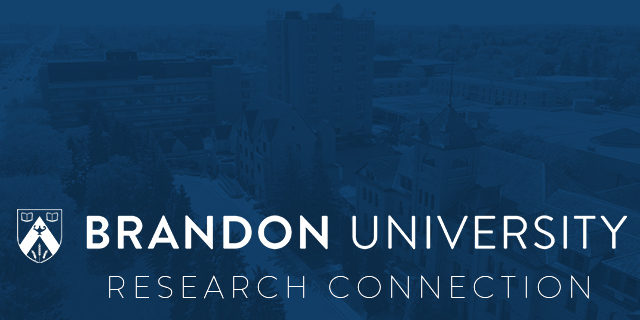
By
Ebenezer Duncan-Williams
May 2018
Print Version
What you need to know
This research explored the development of an inclusive education framework that would include youth who were marginalized due to their involvement in or risk of involvement with the criminal justice system.
Why this research is important
As the complex intersections of community safety, rights and responsibilities, citizenship, and inclusive education continue to receive attention in our academic and political discussions, young people, who are at risk of offending or who are already in the justice system, continue to struggle to find a place in schools. For example, despite the growing literature on inclusive education for students who are marginalized because of their medically diagnosed conditions, research about inclusive education for this population of students is minimal. The young people in this target group are struggling with homelessness, poverty, unemployment, and low educational attainment rates. It is crucial to use the poor life and inadequate educational outcomes of the young people as catalysts to develop an inclusive education framework that enables these young people to flourish.
How the research was conducted
The researcher used semi-structured interviews to collect data from three community educators and three public school educators who were passionate about their established careers in inclusive education. Spencer and Ritchie’s framework analysis methodology was utilized to analyze the participants’ perspectives and develop an inclusive education framework that could provide information about how educators could facilitate flourishing outcomes for this marginalized population.
What the researcher found
The results of the research revealed that from an educator’s perspective, an effective inclusive education framework must include four main ideas: (1) interpersonal qualities: relationship, respect, trust, authenticity, advocacy, and self-esteem, (2) emotional capacities: love, compassion, empathy, belonging, and caring, (3) enabling pedagogies: critical pedagogy and assessment, and (4) intended outcome: flourishing. Although participants shared some challenges with addressing interpersonal qualities and engaging emotional capacities, they agreed that by focusing on flourishing as the end goal, the relationships that exist between the teacher and the student could be filled with the love, empathy, caring, compassion, and emotions that contribute to quality human interactions.
Participants expressed that the core of an effective inclusive education is the relationship between the teacher and the students who need to engage in open interpersonal communication that includes a range of emotions and vulnerabilities. The educators also revealed that effective inclusive education must be within the context of curriculum, inclusion, and critical pedagogy, as these components determine how stakeholders drive educational strategies. Furthermore, participants expressed that focusing on flourishing is the part of the framework that has unlimited potential to promote the successful life and education conditions of marginalized young people.
How this research can be used
This research provides a map for teachers, educational leaders, policy makers, and future researchers. The findings suggest that teachers need to focus on developing deep, personalized relationships with students and they need to understand that the task is about facilitating the opportunities for individual students to flourish, rather than about assisting those students to meet a prescribed set of achievements. Educational leaders and policy makers can utilize the framework as a foundation for policy and finance decisions. In further research, it would be interesting to explore the perspectives of youth to see how they could contribute to the process of revising and refining the framework.
Acknowledgements
Ebenezer Duncan-Williams would like to thank the Faculty of Education at Brandon University for their support and guidance, specifically his thesis supervisor Dr. Jacqueline Kirk, and the committee, Drs. Cathryn Smith, Alexa Okrainec, and Burcu Ntelioglou.
About the Researcher
Keywords
- at-risk youth
- flourishing
- inclusive education
Editor: Christiane Ramsey
Read more BU Research
Research at Brandon University follows comprehensive policies designed to safeguard ethics, to ensure academic integrity, to protect human and animal welfare and to prevent conflicts of interest.

